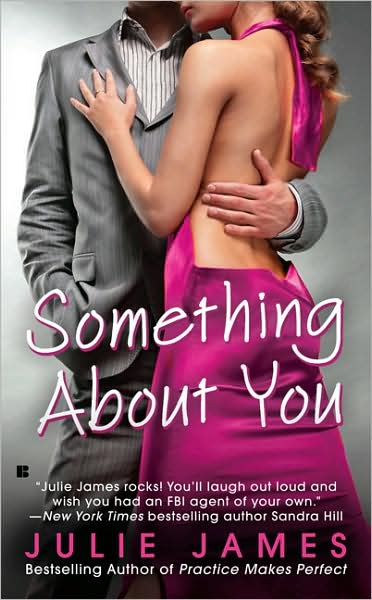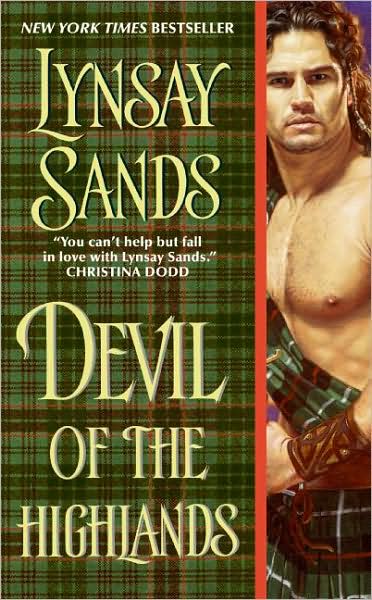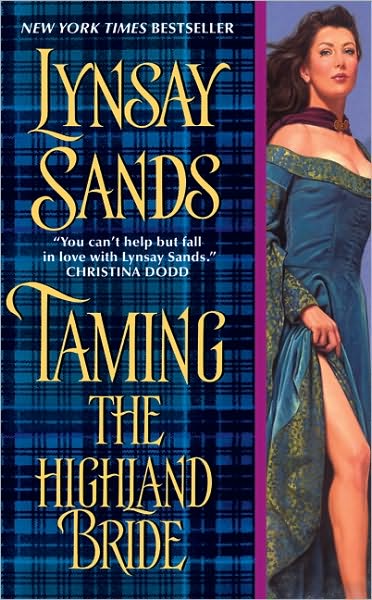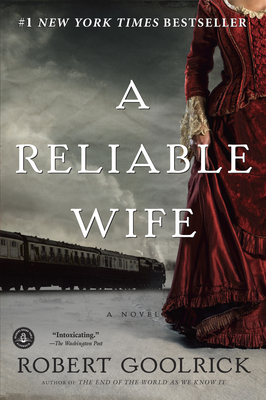 You know that old saying about the definition of insanity? That it's doing the same thing again and again and expecting different results?
You know that old saying about the definition of insanity? That it's doing the same thing again and again and expecting different results?Well, when it comes to Nora Roberts' Bride Quarter, I am certifiably insane.
You may recall how I felt about Savor the Moment. And Bed of Roses. So a very legitimate question would be, why do I keep buying the books in this series?
The short answer is because I don't realize how intensely I dislike the women in this series until I read their individual stories. After reading the previous three books, I thought that I'd like Parker's story best of all, mostly because she seems to be considerably less annoying than the other women. Also, I really liked Malcolm in the previous books, the man who was obviously going to be Parker's match. But once again, Nora Roberts managed to disappoint me in this asinine, asinine quartet.
I'm sure there are a lot of readers out there who just love hearing about all the weddings that these women plan, but I am not one of them. I'm reading these books because I want to know about the characters, whether I like them or not. I don't give a shit about some minor, insignificant character's wedding. And yet Roberts spends so. much. time. on these wedding details. It's so boring.
But once again, my real complaint is how the romance/relationship of the story does not feel genuine and has no real substance, which just feel like an excuse to write about wedding after wedding after wedding. Did Roberts elope or something, and how she's full of regret? Why's she so obsessed?
The schtick with Parker and Malcolm is pretty simple: they are attracted to each other, so they eventually hook up. But upon closer examination, there are just so many things that don't make a lot of sense. For example, Malcolm pursues Parker. He wants to be with her. When his friend, her brother Del, tells him, "If you hurt her or screw with her..." he tells Del, "I'll let you." And when Del says it again after Malcolm and Parker have started sleeping together, Malcolm says, "If I hurt her or screw with her, she'll hit me herself," or something to that extent.
Now to me, if man makes those representations, is attracted to the woman inside and out and is willing to start fucking her even though she's his close friend's sister, it would seem that he's viewing their involvement as more than a roll in the hay, right? Wouldn't you think that there was a chance for a deeper involvement? Yet when Malcolm starts to really feel something for Parker, he's taken aback as if he never considered it. Are men that dumb? Maybe they are, because I don't understand how a guy could not realize how he felt. It is extra confusing because Malcolm is very perceptive and sensitive to things.
That issue aside, Happy Ever After just confirmed for me that you cannot write a romance novel that is centered solely on a standard, run-of-the-mill relationship. It's so dull. As dull as Laurel, the heroine from Savor the Moment, who in this book continues to have no thought that doesn't relate to her fiance, Del. (Seriously, every other sentence out of her mouth is "Del says" or "Del thinks." GET A LIFE, LOSER.)
And finally, I just got really tired of hearing about how Malcolm "grabbed" Parker and pushed his mouth on her. I mean seriously. Once can be sexy. Twice is tiresome. Every single time he kisses her is manhandling. Not cool.

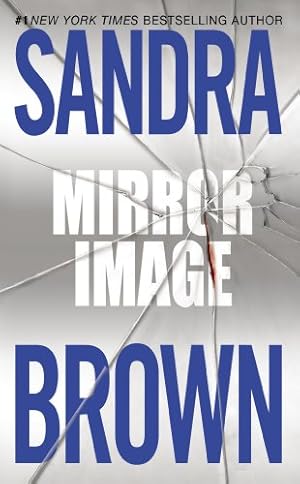
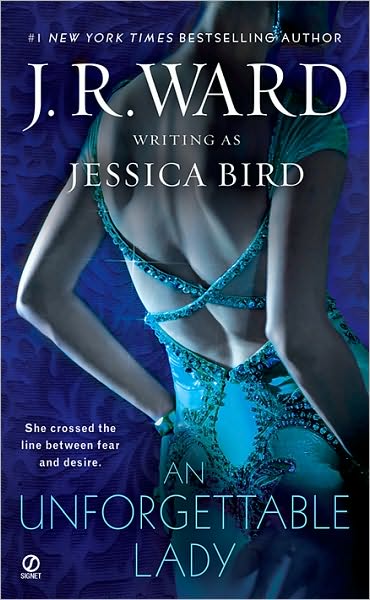

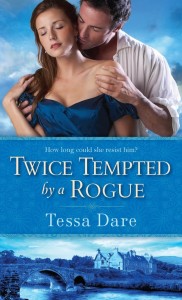







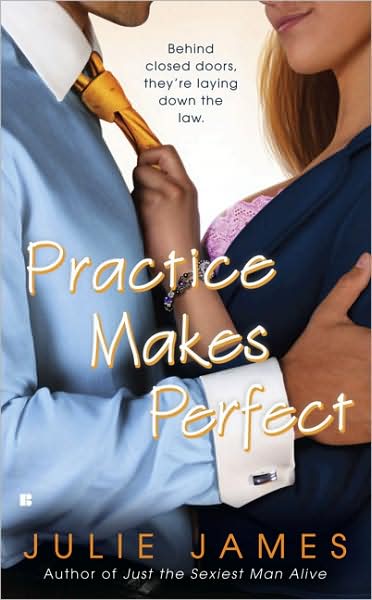
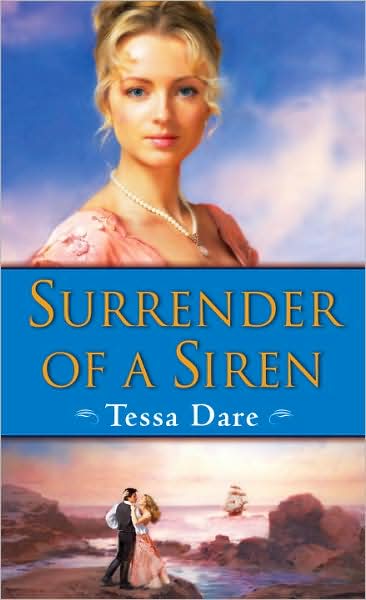







 As far as the Millennium books go, I am torn on which one I like better. I don't think I would necessarily say that The Girl Who Played with Fire is a better book, or even a more interesting book. I much preferred the mystery of The Girl with the Dragon Tattoo. But at the same time, I found this book more enjoyable to read.
As far as the Millennium books go, I am torn on which one I like better. I don't think I would necessarily say that The Girl Who Played with Fire is a better book, or even a more interesting book. I much preferred the mystery of The Girl with the Dragon Tattoo. But at the same time, I found this book more enjoyable to read.  There is hardly a literary bandwagon I don't jump on at some point in time. I may not have read Harry Potter until long after
There is hardly a literary bandwagon I don't jump on at some point in time. I may not have read Harry Potter until long after 
